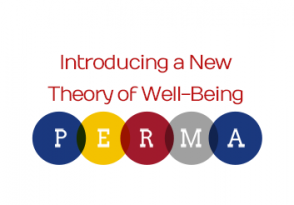News
Researchers find that regulating one’s responses (emotion regulation) to life events increases happiness.
Learning to control emotions before, during and after a positive event can increase short-term and long-term happiness. Researchers reviewed scientific literature that included 157 positive emotion interventions. Results showed that there are several strategies that can effectively increases happiness. These strategies include selecting a situation, deploying attention, engaging in cognitive change and expressing a response. Doing so has a variety of benefits, such as helping people choose and modify situations where positive emotions are likely to occur, helping people appreciate their good fortune, and helping people foster positive emotions like joy and gratitude. Researchers focused on empirical evidence for 25 positive interventions. They found strong evidence in support of 13 of them, including mindfulness-based therapies, applications of character strengths, acts of kindness, and the gratitude visit.
To increase positive emotions in the short term, interventions that help people focus their attention, realize good fortune, and express positive feeling states like enjoyment had strong empirical backing. To increase positive emotions in the long term, two strategies had strong support: choosing or modifying a situation while an event unfolds, and focusing attention before, during and after an event.
Findings could benefit research aimed at matching emotion regulation strategies and a person’s natural inclinations, leading to more tailor-made interventions.
Citation: Quoidbach, J., Mikolajczak, M., & Gross, J.J. (2015, January 26). Positive interventions: An emotion regulation perspective. Psychological Bulletin. Advance online publication.
Link to Article: http://spl.stanford.edu/pdfs/2015/Quridbach.pdf


